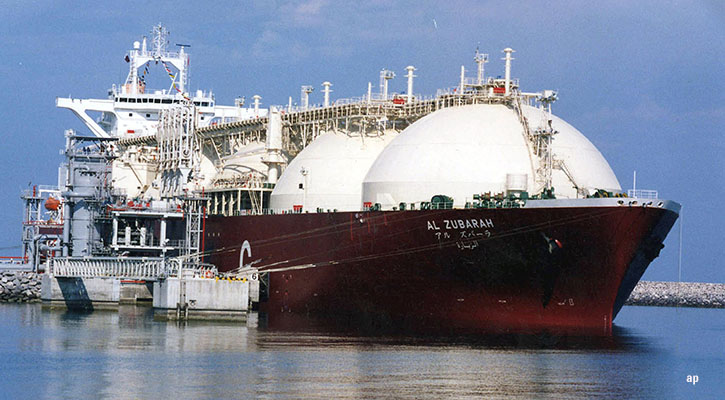Top news of the week
Central bank raised bank reserve ratio by 50 basis points to 16.5%
China's central bank waited until the market close on the last trading day of the week (and of the lunar Year of the Ox) to announce the 50-basis-point increase in bank reserve ratio, which will come into effect on February 25. This is the second such increase in 2010 as China is determined to battle inflationary risks by tightening monetary supply. After the raise, reserve ratio will be 16.5% for large banks. To support rural development, reserve ratio required for smaller financial institutions and credit unions in rural areas will remain unchanged for now. The market will have a full week to digest this announcement, since the stock exchanges will remain closed all next week for the Chinese New Year holidays.
The latest reserve ratio increase came one day after January statistics point to milder-than-expected retail price inflation in the past month. The consumer price index (CPI) rose by 1.5% year over year in January, compared to a 1.9% uptick in December. But inflationary pressure continued to build up in wholesale prices, which rose by 4.3% in January, much faster than the 1.7% increase recorded in December. That has led many analysts to believe the slowdown in retail price inflation is just temporary, and that the increase in input prices will be factored in the CPI over the next few months.
In a recently published report on monetary policy, the central bank said it will stick to a moderately loose monetary policy in 2010. However, it indicated that continuous tightening is firmly on its agenda, as the institution will no longer need to operate under the "crisis-fighting" mode as it did in 2009. The central bank is keen to control the growth of monetary supply, setting a target growth rate of M2 at 17% for 2010. Official statistics show that M2 grew by 27.7% in 2009 and by 26% in January year over year.
Market recap
Milder-than-expected January price inflation data helped to relieve investor concerns that interest rate hikes are just around the corner. The stock market responded positively to the news. The Shanghai Composite Index increased 2.7% to 3,018 points, while the Shenzhen Composite Index rose 3.25% to 12,305 points. The Chinese stock exchanges will remain closed next week due to the week-long Chinese New Year holidays.
Macro and industry updates
Housing prices continued to climb in January
Official statistics show that property prices in China’s 70 major cities rose by 9.5% year on year in January, versus a 7.8% expansion in December. Prices for new properties grew by a faster 11.3% year over year in January. Haikou and Sanya, two cities in the southern-most island-province of Hainan, topped the list, registering year-over-year property price increases of 35.1% and 31.2% respectively in January. Speculative investors quickly pushed up the property prices in Hainan after China announced plans to turn this tropical island into an international tourist destination. Other cities witnessing marked year-over-year housing price increases include Guangzhou (22.4%), Wenzhou (16.9%) and Jinhua (16.9%), all in the southeastern coastal region.
January exports rose by 21% year over year
Chinese exports totaled $109.5 billion in January 2010, up by 21% from the year-ago period, according to data from customs office. In the same month, imports surged by 85.5% from last January to $95.3 billion. The spike in January imports was mainly due to higher material and component imports for eventual exports, signaling a recovery in export orders. In 2009, China overtook Germany as the world's number one exporter for the first time, with exports totaling $1.2 trillion, compared to $1.12 trillion from Germany.
New bank loans in January totalled CNY 1.39 trillion
Total lending in the past month was CNY 230 billion lower than the year-ago period, but still the highest since June 2009. Medium-to-long term loan represents about 78.8% of total new loans, compared to only 36% in January 2009. Personal loans recorded rapid growth, an indication that consumer demand is strong. Chinese banks lent CNY 450 billion worth of new loans to consumers, the highest in the last 13 months.
China plans to consolidate steel makers into three to five "National Champions"
The Ministry of Industry and Information Technology recently said it will push for more capacity consolidation among Chinese steel makers over the next several years. China has about 10 major steel makers but thousands of smaller manufacturers scattered across the country. Currently, the top 5 steelmakers in China collectively account for only 29% of total steel production in China, far below the 45% target set by the government. The ministry expects to see three to five major steelmakers, each with an annual production of 50 million tons, to emerge after the consolidation.
Contributions from Lun Lu, Iris Tan and Zhao Hu.























